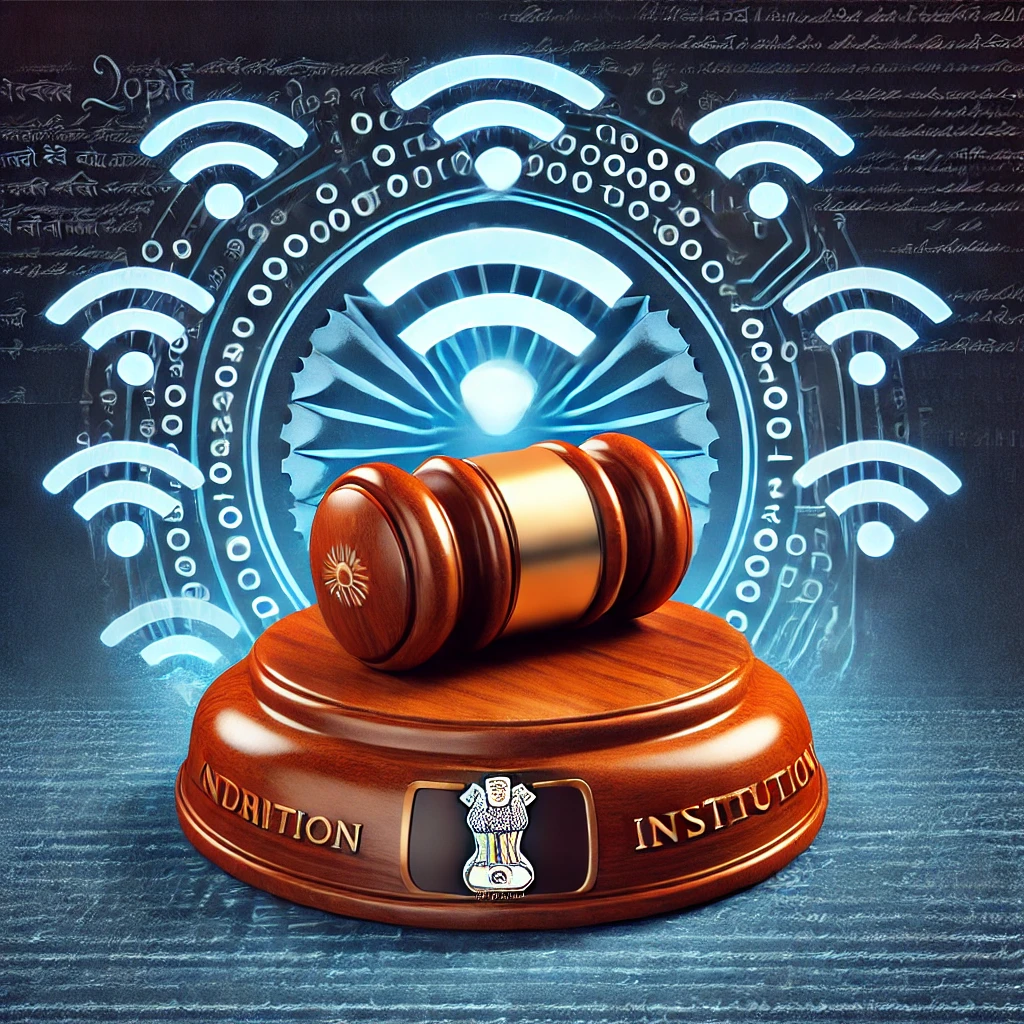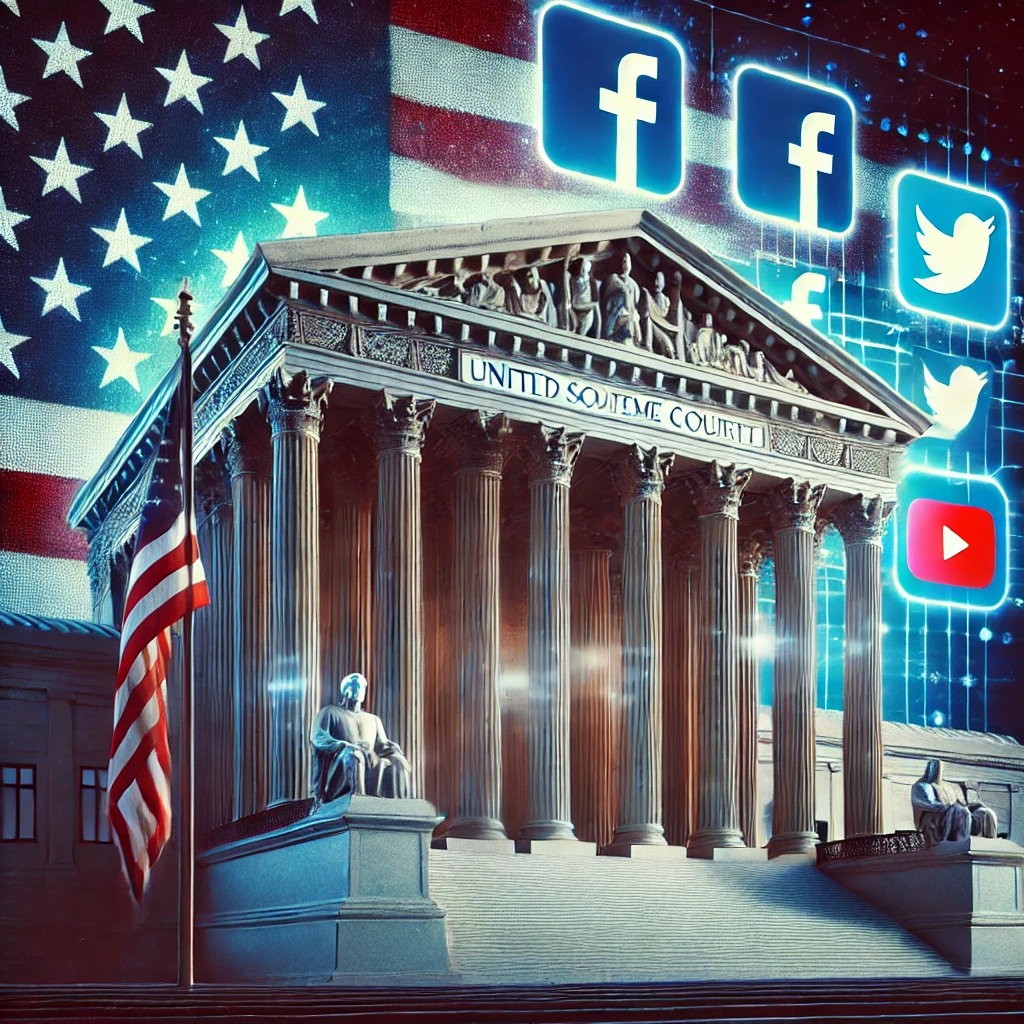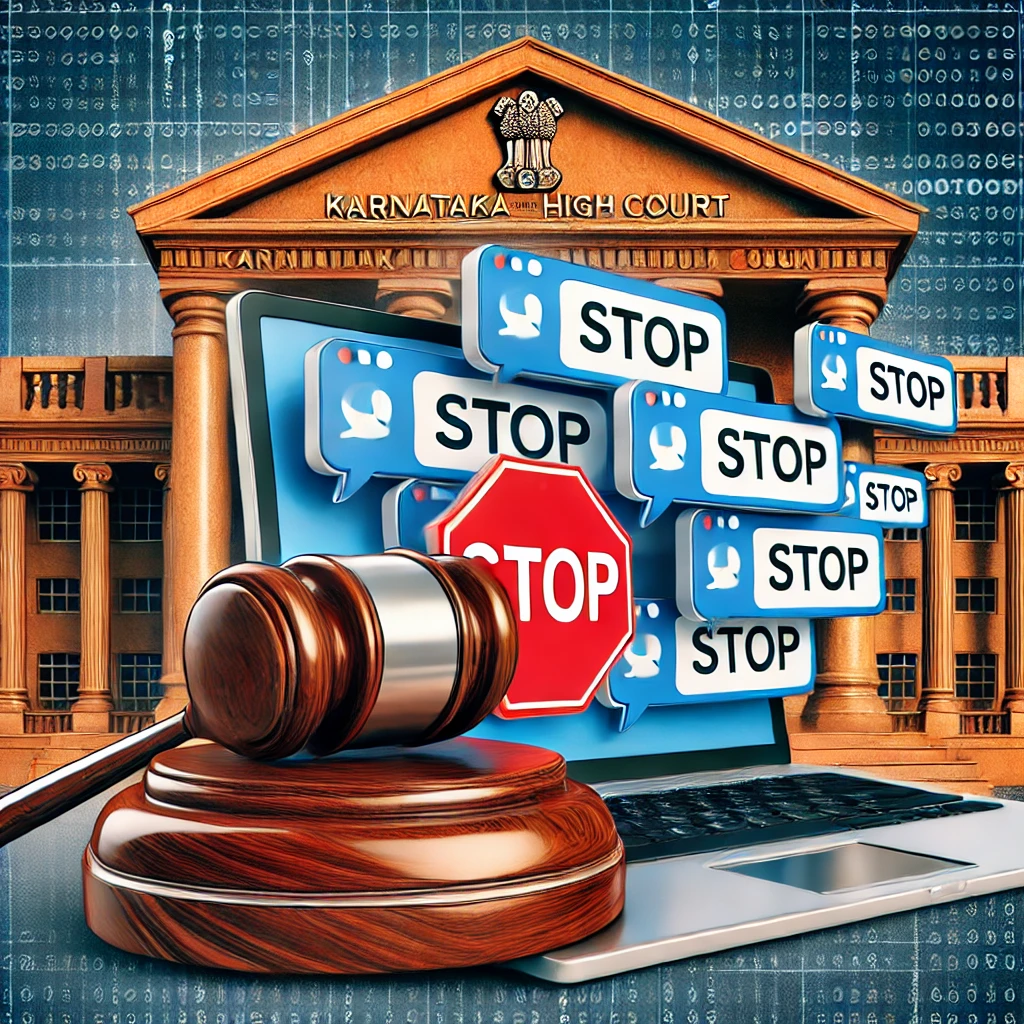Media laws at Nigeria
Nigeria's media landscape is governed by a combination of constitutional provisions, statutory laws, and regulatory bodies. While the country has a vibrant media sector, recent developments have raised concerns about press freedom and the independence of media institutions.
Constitutional and Legal Framework
Constitutional Provisions: Section 39 of Nigeria's Constitution guarantees the right to freedom of expression, including freedom to hold opinions and to receive and impart ideas and information without interference.
Cybercrime Act (2015): This law criminalizes various forms of cybercrime, including the use of electronic communications to defame individuals or spread false information. Critics argue that it has been used to suppress journalistic activities. For instance, journalist Daniel Ojukwu was arrested in 2024 under this Act for reporting on alleged financial mismanagement involving a senior government official. His detention drew criticism from media rights groups, highlighting concerns over the misuse of the law to target journalists
Press Council Act (1992): The Nigerian Press Council Act established the Nigerian Press Council to regulate the media. However, sections of this Act have been criticized for being discriminatory towards online and citizen journalists. In 2023, the ECOWAS Court of Justice ruled that certain provisions of the Act violated international standards on freedom of expression and ordered the Nigerian government to amend these sections
Regulatory Bodies
National Broadcasting Commission (NBC): Established in 1992, the NBC regulates broadcasting in Nigeria. It is responsible for issuing licenses to radio and television stations and ensuring compliance with broadcasting standards
Advertising Regulatory Council of Nigeria (ARCON): Formerly known as the Advertising Practitioners Council of Nigeria, ARCON regulates advertising in Nigeria. Established in 2022, it aims to safeguard public interest and promote local content in advertising
Recent Developments
Proposed Amendments to the Press Council Act: Proposed amendments to the Press Council Act have raised concerns among media organizations. Critics argue that the amendments would grant excessive control to the government over media operations and undermine journalistic independence
Censorship of Artistic Expression: In 2024, Nigerian authorities banned the broadcast of a song critical of President Bola Tinubu, citing a violation of public decency. The ban was condemned by human rights organizations as an infringement on artistic freedom and free speech
Conclusion
While Nigeria's legal framework provides for freedom of expression, recent developments indicate challenges to press freedom and media independence. Ongoing scrutiny of media laws and practices is essential to ensure that they align with international standards and protect the rights of journalists and citizens.




















0 comments